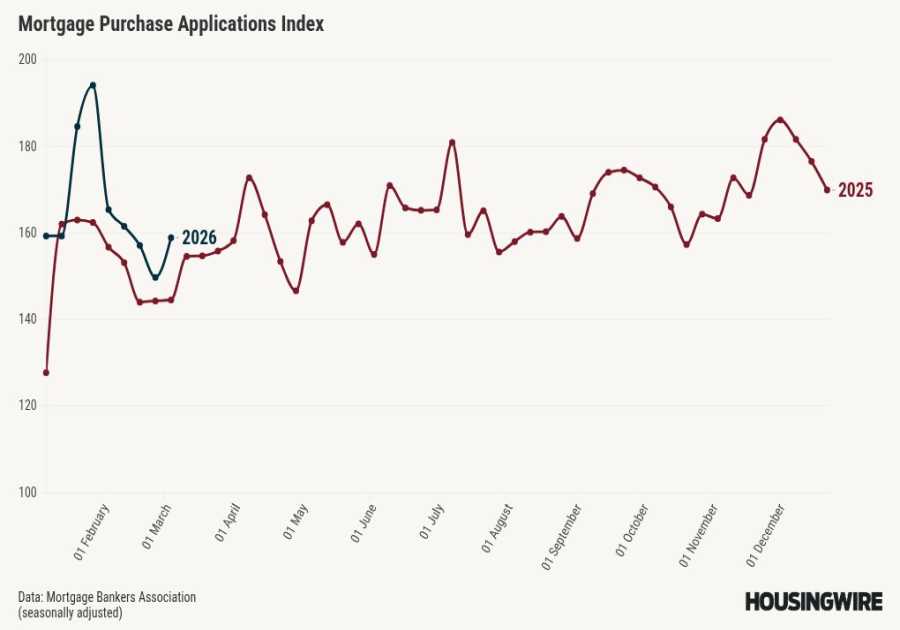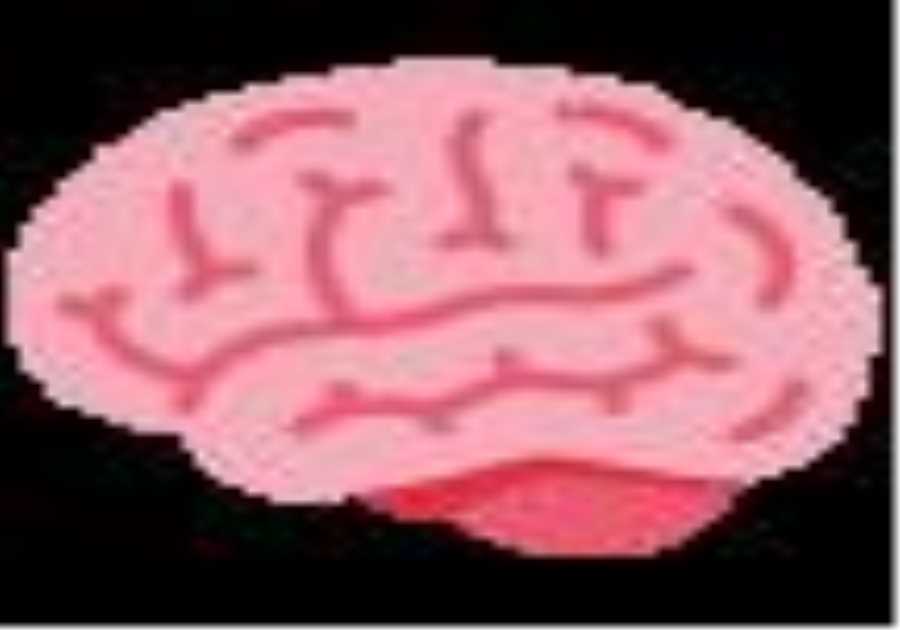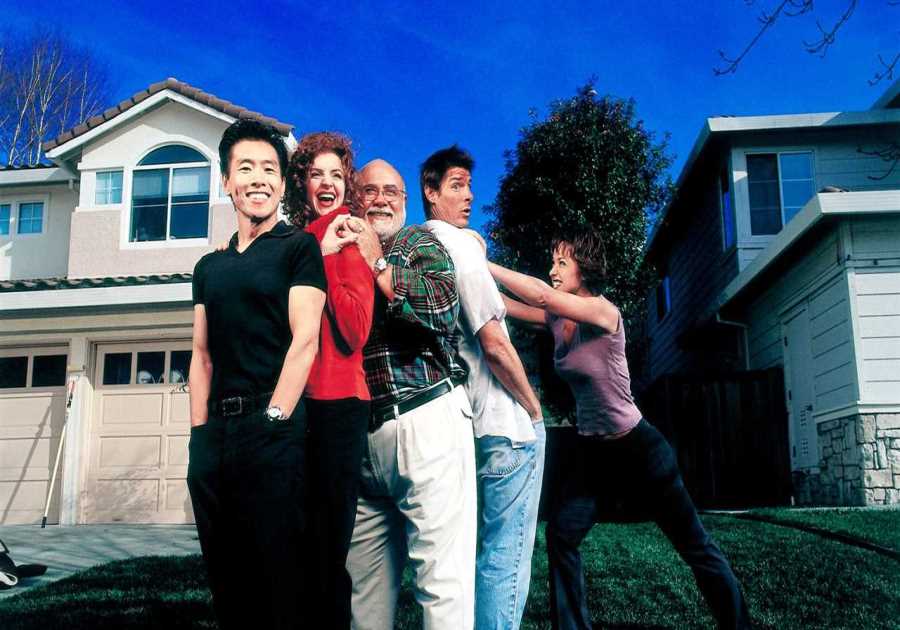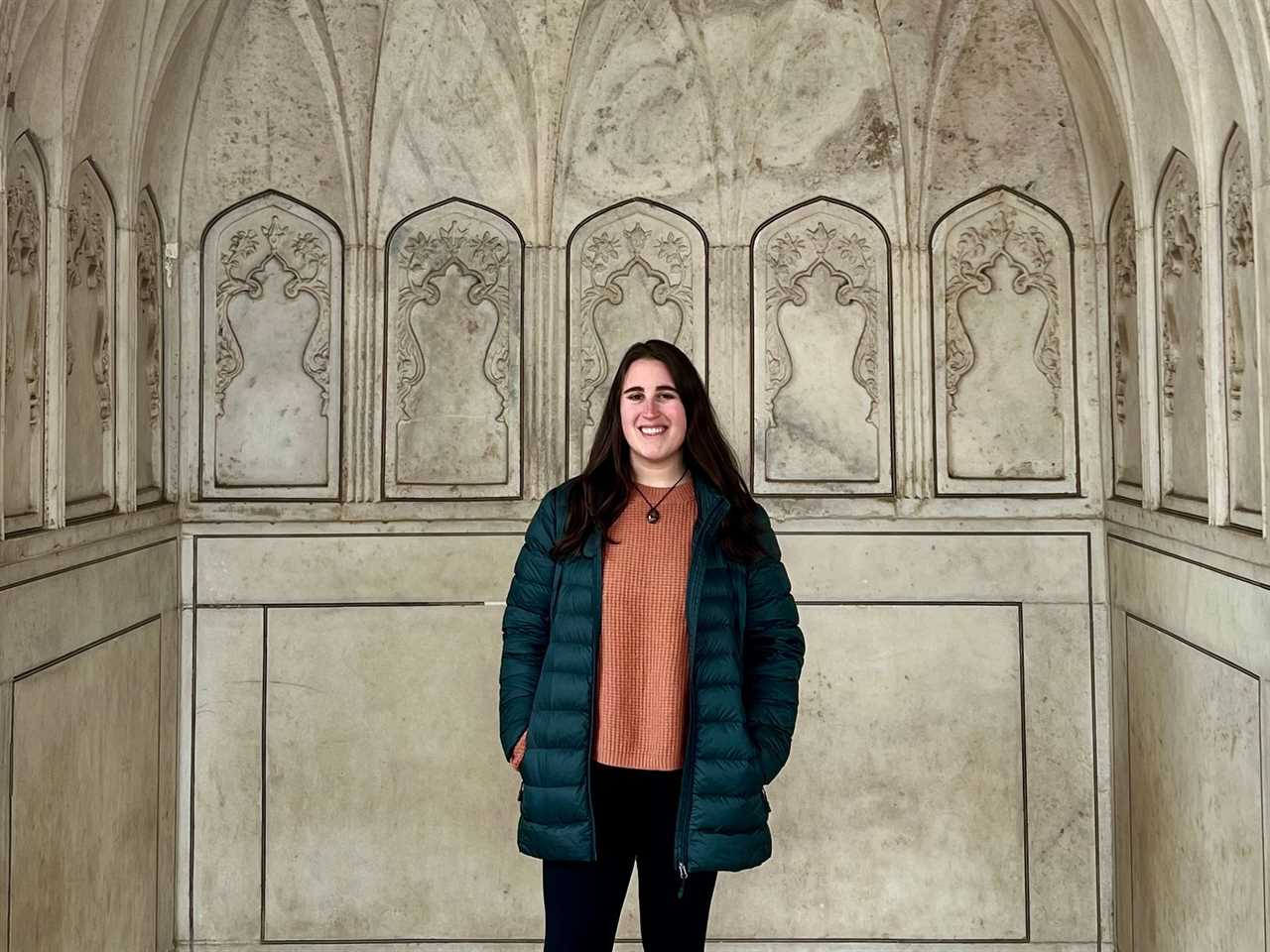
Taylor Rains/Business Insider
- I was born with the possibility of inheriting a fatal illness called Huntington's Disease.
- Although I found out when I was a junior in high school, I decided not to get tested until I was 26.
- The fear was crippling, but I don't regret those years of not knowing.
While many high school juniors were worrying about college applications and who they were taking to prom, I was coming to terms with the possibility of having an incurable neurological illness called Huntington's Disease.
I was 16 when I discovered — somewhat accidentally — that I might have the disease.
HD is a rare hereditary condition that causes nerve cells in parts of the brain to decay and eventually die. It also causes your body to break down, resulting in symptoms like random body movements, changes in behavior and personality, and problems walking and talking.
Symptoms typically start around age 45, and onset can be quick, with many patients confined to a wheelchair and needing full-time care within a few years.
Patients at risk — only about 200,000 in the US — have a 50% chance of inheriting the mutated gene that causes HD. Those aren't great odds, considering how the disease progresses, and death is certain.
Although HD is a lesser-known condition, some may remember it from Olivia Wilde's character, Remy "Thirteen" Hadley, on the TV show "House."
The show focused on the emotional toll of HD, dedicating episodes to chronicling Thirteen's journey of anger and reckless behavior before coming to terms with her fate and eventually getting tested.
I would say I have a similar story.
I was a teenager when I learned about the risk of Huntington's
I was adopted at 14 months old, and I've been aware of most of the details of my adoption for as long as I can remember.
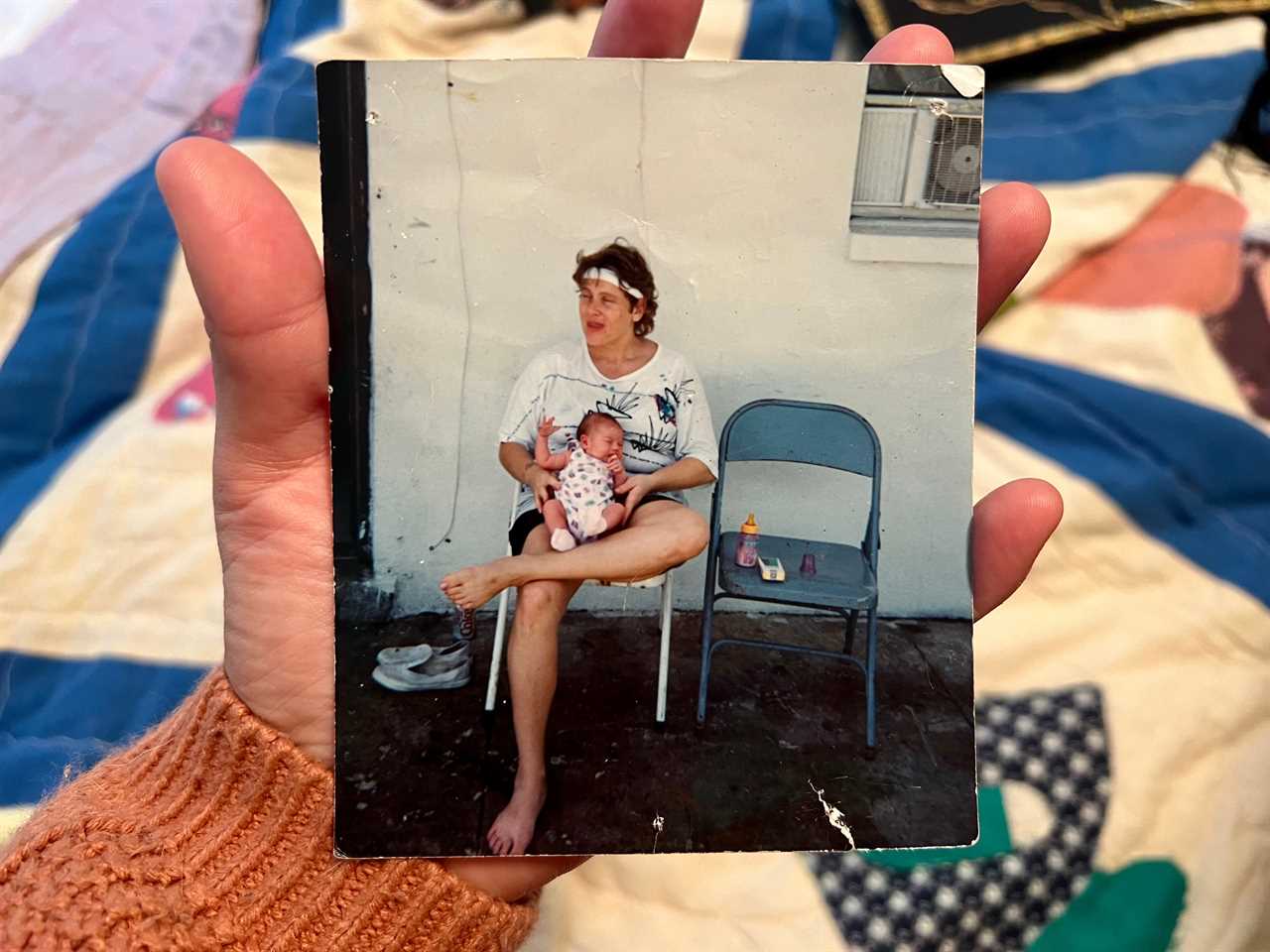
Taylor Rains/Business Insider
Although my father is unknown (but I understand he's Puerto Rican), I knew my birth mother was named Mary, and I was born with the name Desiree before it was changed to Taylor after adoption.
However, I only learned about Huntington's after rummaging through some old adoption papers one random November afternoon when I was 16. (I also discovered a few half-siblings, but that's a different story).
I ended up finding the medical history of my birth mother. A quick Google search later, I was crippled with fear, and my head filled with a million questions.
Of course, my adopted mother (who, to be clear, I consider my real mother) was horrified at the way I found out. But her reason for not telling me was understandable, and I don't blame her.
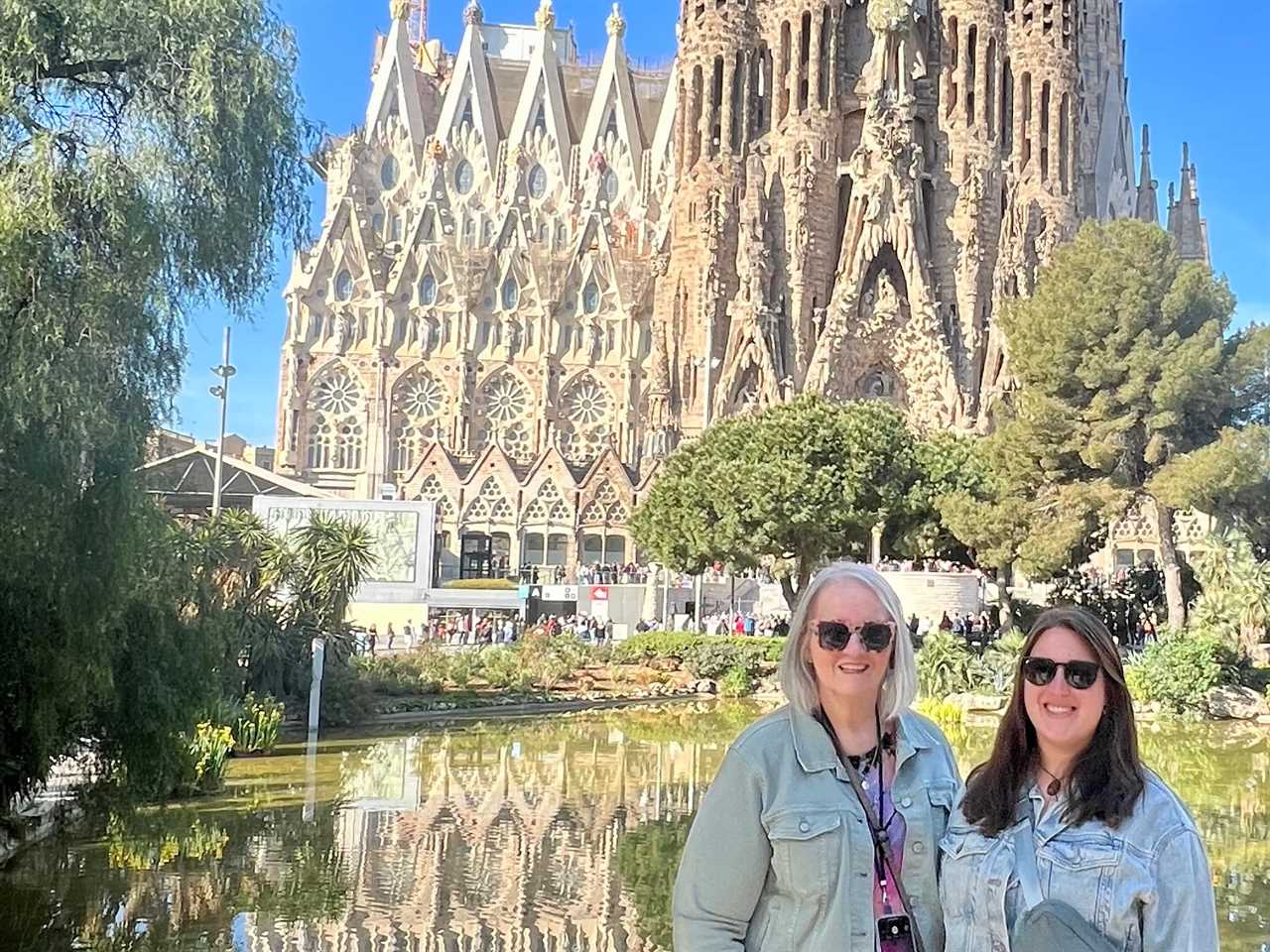
Taylor Rains/Business Insider
Her decision mostly came down to the fact that HD patients typically have to be 18 years of age or older to get tested, and she worried about the potential emotional toll a positive test could have on me as a teenager.
Her fears were pretty on the nose.
I spent a lot of time being angry
Soon after discovering the possibility of having the disease, I stopped being the straight-A, goody two-shoe student I once was.
HD-fueled emotions soon ruined the big junior field trip I had been looking forward to all year, and I stopped caring to show up to class on time. Guilt weighed on me, too, especially after my then-boyfriend complained about me being "too sad" around him.
I think the strongest emotion I felt was anger, though. A trauma like the prospect of HD puts a lot into question, and it made me start looking at things like mortality and religion very differently.
I was also plagued with the burden of deciding whether I even wanted to know if I had the disease.
On the one hand, getting tested would help me better plan my future, but I'd have to live with the reality if the diagnosis was positive. You can imagine that fear.
On the other hand, not getting tested would always leave an ounce of uncertainty in the back of my head. And, this choice would extinguish any thoughts of having kids — it just wouldn't be worth the risk of continuing the vicious hereditary cycle if I were positive.
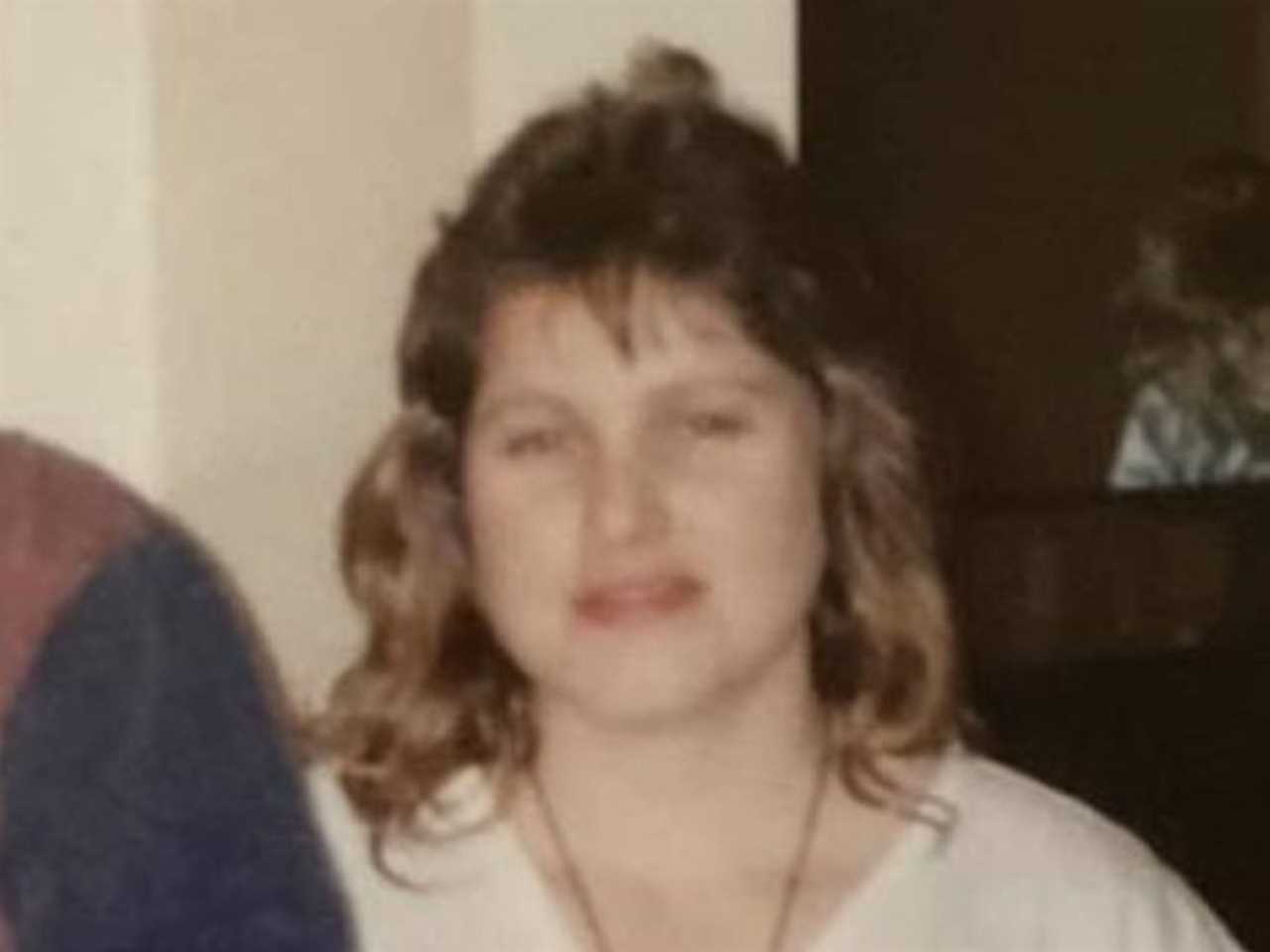
Taylor Rains/Business Insider
Surprisingly, it didn't take long for me to decide. I had an epiphany after my history teacher — one of the few teachers who showed me any sort of grace at this time — told me that I needed to give myself permission to live.
It was such simple advice, but something about it clicked for me.
Not knowing pushed my life into hyperdrive
The common life expectancy of someone living with HD is 10 to 25 years after diagnosis, which typically happens between 35 and 50 years of age. But those years of decline aren't easy.
When thinking about getting tested, I worried a positive result would send me spiraling — even if any potential symptoms were some 20-odd years away.
So, I decided to wait — but pledged going forward to live my life as if I had Huntington's. I thought starting to accept it early would ease the disappointment if I one day started showing symptoms, and the strategy worked for me.
According to her paperwork, my birth mom started showing symptoms by the time she was 34 years old. Granted, her addiction problems could have made the onset occur faster.
My 16-year-old logic at the time estimated I had until at least 50 with a positive diagnosis, assuming it wasn't as severe as Wilde's character in House.
In my head, that meant I had to fit some 60 years of life into just 30 — and that's the road I took.
By the end of junior year, my slipping grades soon turned back into A's, I got accepted to my first choice college, and I went to my junior and senior prom.
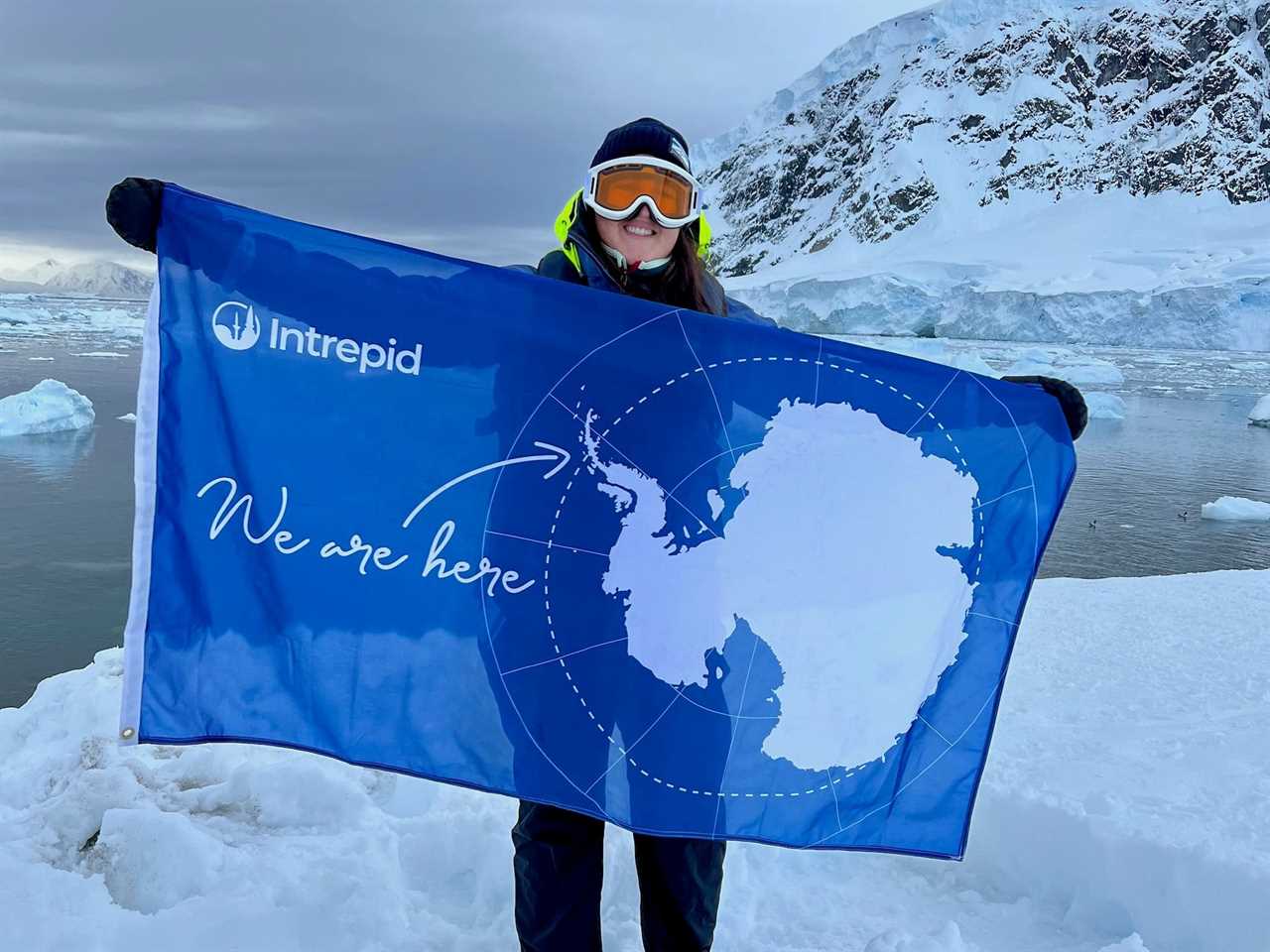
Taylor Rains/Insider
I got a degree in aviation in less than four years from Florida Institute of Technology and landed this nifty reporting job at Business Insider — along with a few side adventures studying abroad in China, working in Alaska, and volunteering in Bulgaria.
I even managed to visit more than 50 countries across all seven continents.
I'll admit the excessive travel and spontaneous adventures (which had me working three jobs at one point to afford) were a coping mechanism for HD, but at least I channeled it into something good for me.
I finally got tested after 10 years of not knowing
Until I was about 24, I was busy traveling on weekends and going to pub trivia every Thursday with friends. By then, I was thinking about HD less and less.
It wasn't until 2018, when I met my now-husband, Ryan, that I gave getting tested another thought.
The reason? He wanted kids but knew it was off the table without me getting a negative HD result. And he was OK with that.
I decided that if he was willing to sacrifice becoming a father just to marry me, then I would find the courage to get tested.
Luckily, Connecticut (where I live) has a large HD clinic, and I finally got tested in April 2022 at 26 years old. The process was brutal, involving multiple appointments and psych exams, before I handed over a blood sample for genetic testing.
After three agonizing weeks of waiting, the coin flipped in my favor — I was HD negative.
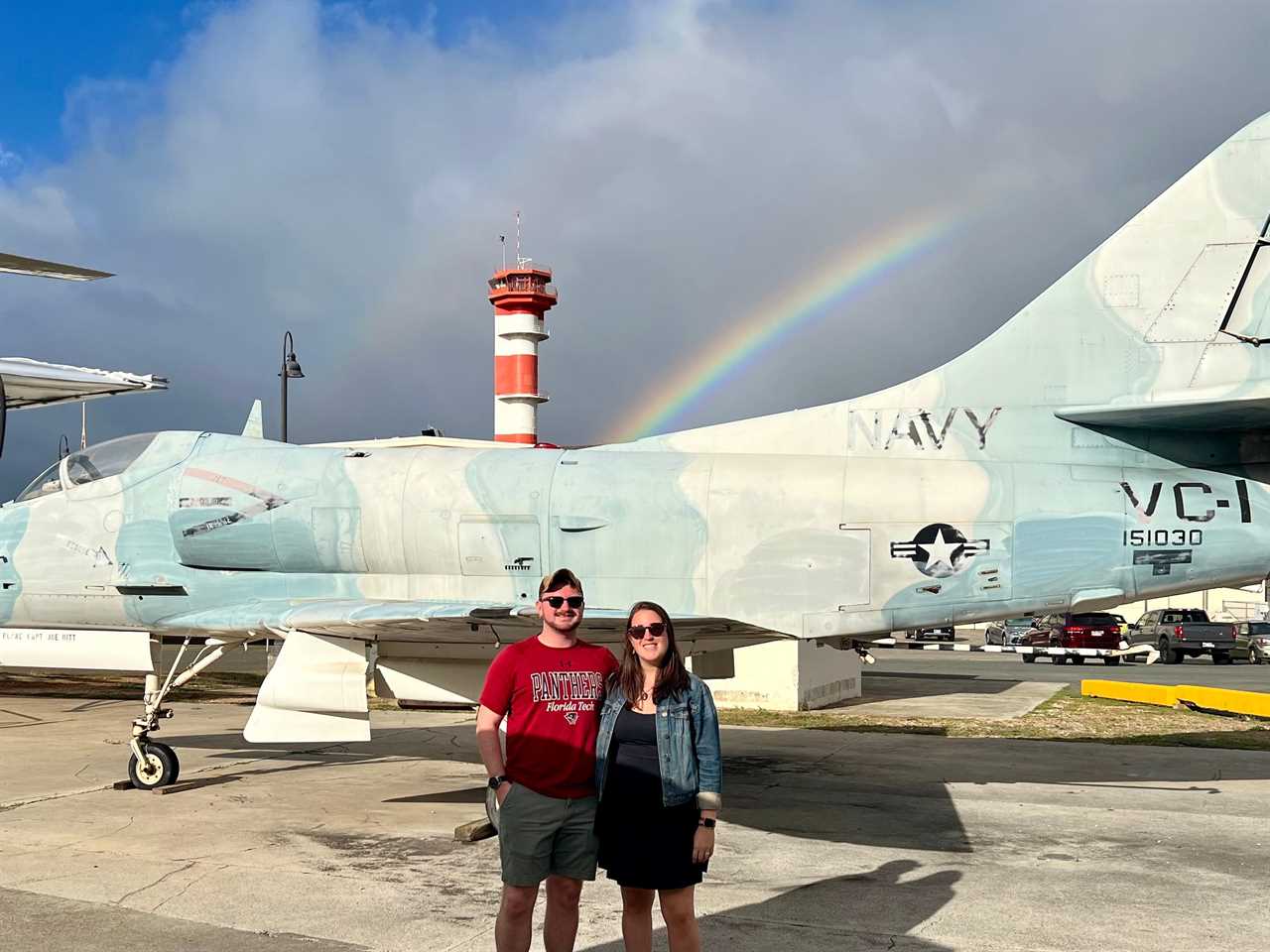
Taylor Rains/Business Insider
After 10 years of uncertainty, a huge weight was lifted from my shoulders. I probably could have let myself off the hook earlier from that weight had I tested at 18, but I don't regret my decision.
I became stronger and braver living under the threat of HD, and I can proudly say I've met nearly every life milestone I wanted to hit by the age of 30.
And now, I have the option of starting a family. It's a freeing feeling.
Read More
By: [email protected] (Taylor Rains)
Title: I was 16 when I found out I might have a terminal disease. I waited a decade to get tested, but I don't regret the years of not knowing.
Sourced From: www.businessinsider.com/huntingtons-disease-no-regrets-after-delaying-test-diagnosis-2024-2
Published Date: Wed, 14 Feb 2024 11:10:01 +0000
.png)


